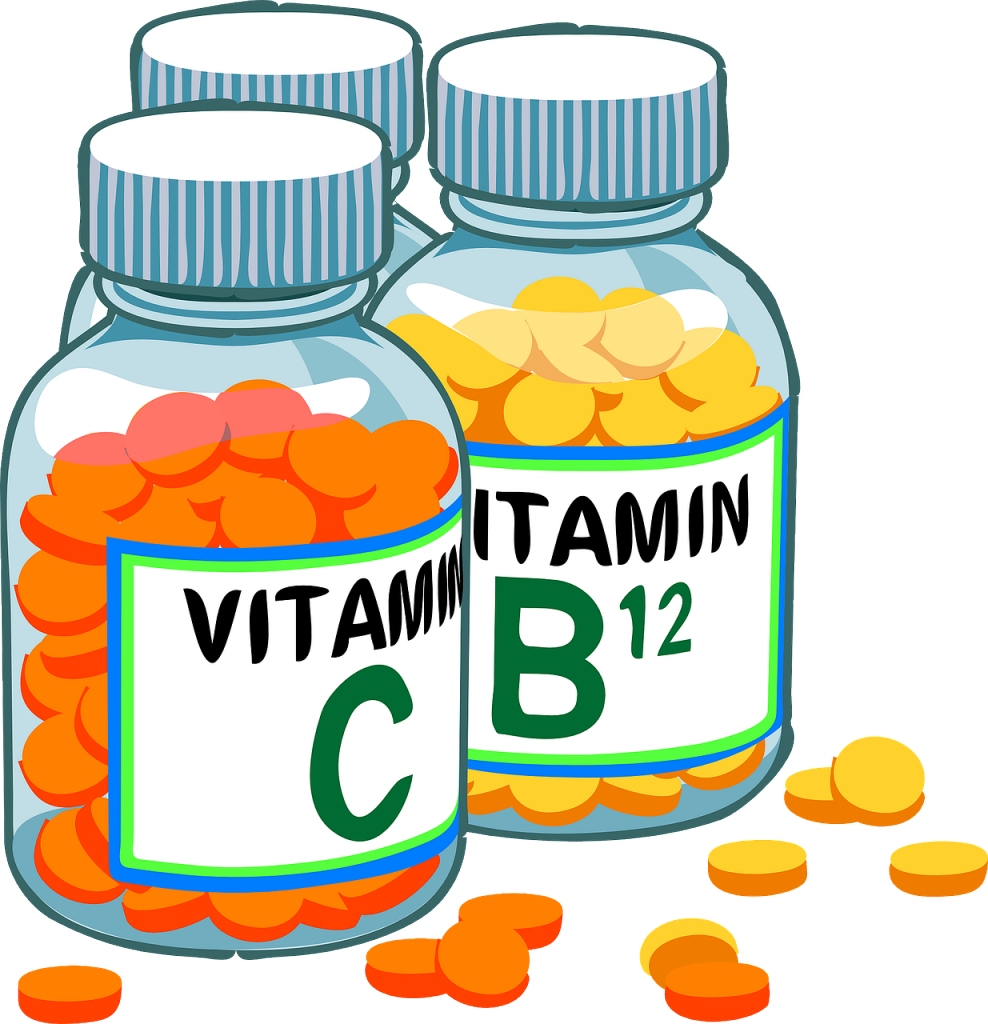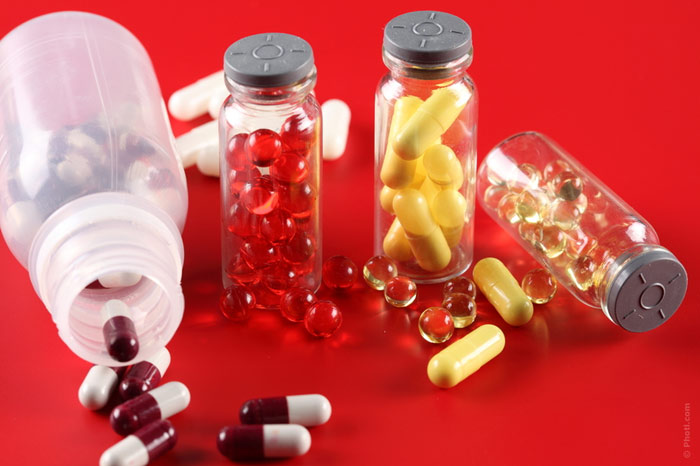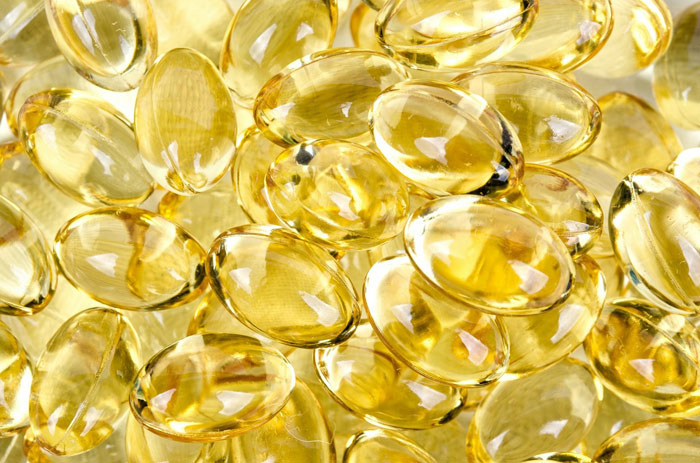Due to the popularity of numerous healthy lifestyle trends, many of us are trying to upgrade our usual diet with the help of nutritional supplements. However, not all of them have the high benefits people like to attribute. We will talk about the most overrated dietary supplements in this article.
Omega-3 polyunsaturated fatty acids
This fatty acid is found in fish, seeds, nuts and vegetable oils (olive, linseed, sesame). It is generally accepted that omega-3 acids are not enough for everyone without exception and must be taken additionally. Allegedly, a sufficient level of this substance cannot be obtained from food.
This is far from being true! According to the WHO, the daily norm for women varies between 0.8-1.2 g. Just 100 g of fatty fish (chum, mackerel, saury, and herring) contain from 1.4 to 3-1.2 g of this acid, 100 g of nuts contain from 0.8 to 1.5 g, and 100 ml of vegetable oil includes from 9 to 19 g.
Uncontrolled intake of Omega-3s changes the reactions of our body for the worse. The number of free radicals that destroy the cells of our body increases. Thus, an excess of this fat increases the level of oxidative stress. So before you decide to take omega-3 additionally, be sure to pass all the necessary tests to rule out negative effects.
Vitamin C
On the Internet, you can still find a lot of information that large doses of vitamin C strengthen the immune system. Chemist and winner of two Nobel Prizes Linus Pauling was the popularizer of this idea. He recommended ascorbic acid at a dosage of 3 g per day (at a rate of 90 mg), arguing that in this way, people can protect themselves from a cold. However, there is still no evidence of the effectiveness of vitamin C for these purposes.
When a vitamin enters the body in excess doses, its absorption in the intestine decreases and, at the same time, the load on the excretory system increases. The risk of kidney stones increases too. High consumption of ascorbic acid can cause the development of arthrosis and arthritis. These diseases are triggered directly by the deposition of metabolic products of vitamin C in the joints.
In order to get enough vitamin C, you need to consume at least 300 g of vegetables and fruits daily, preferably raw. It is also important to quit smoking, and excessive alcohol consumption and cure diseases of the gastrointestinal tract. All of the above affects the absorption of vitamin C in the intestine.
Calcium

It is often recommended to women after 35 years to prevent osteoporosis. However, practice shows that even in the presence of this disease, the calcium concentration in the blood is quite sufficient. An additional dosage of this trace element in the long term can lead to an increased risk of developing cardiovascular diseases, as well as the formation of tumors, both benign and malignant.
Calcium is very easy to get from food. The body needs about 1000 mg of this trace element per day. It is also found in some seeds (chia, sesame, almonds) – up to 500 mg per 100 g, broccoli and greens – up to 350 mg per 100 g.
Calcium is best absorbed with vitamin D, so focus on dairy products with a medium fat content – they have more of this vitamin.
Vitamin B6
This vitamin is often prescribed to women with severe PMS. Vitamin B6 is involved in the synthesis of neurotransmitters that affect mood and reduce anxiety. At the moment, the effectiveness of such recommendations has not been scientifically proven, but it is known for sure that this vitamin is among the most toxic ones.
With its excess in the body, all signs of poisoning are observed: convulsions, nausea and vomiting, headaches and dizziness. As soon as the additional intake of the vitamin is stopped, the state of health improves. Moreover, according to recent studies, an overdose of vitamin B6 by 40% increases the risk of developing cancer, especially breast cancer.
Vitamin B6 is found in sufficient quantities in meat, fish, cabbage, mushrooms, buckwheat and pasta. A trace element of 1.6 mg daily requirement is easy to gain with a balanced diet.
Protein supplements
Protein supplements are heavyweights in the sports nutrition market, bringing $16 billion a year. In 2016, up to 40% of Americans and 25% of Britons took them. In fact, many Westerners are consuming more than the recommended amounts. The protein problem is more present in Central and South Africa.
However, advertising tells us otherwise. Adding a few extra grams of protein to chocolate and cereal bars, manufacturers claim that this calorie-loaded product, formerly called “energy product”, is now “high-protein” and is the best after-gym snack.
Everyone knows that protein supplements help grow huge biceps and generally increase lean body mass, and under this pretext, they are sold in the form of powders or shakes at prices hundreds of times higher than the cost. Of course, those involved in powerlifting sports need more protein than an average citizen who spends their free time on the couch. However, the difference is not so great – about 50 g per day. This amount of protein is easy to provide by eating an extra chicken breast or a can of beans in a tomato sauce.
There is no difference between plant and animal protein for building muscle, so eating only steaks and eggs is unnecessary. Several studies — including small-scale ones sponsored by diet and nutrition products — suggest that protein foods and drinks consumed within 45 minutes of exercise promote muscle recovery.
Many quality studies have found no benefit of this method over pre-workout protein intake. This means that you should not necessarily buy expensive supplements, but you can get the same result by drinking a glass of milk and eating it with a handful of nuts (on the way to or from the gym).

High protein levels are no longer considered bad for the kidneys, but many popular dietary supplements contain a whole bunch of chemicals and flavors that no one has adequately tested.
If you usually take a serving of light protein powder – soy or whey – after your workout. It’s much more beneficial to eat these protein-rich foods at home, in a natural form, such as a milkshake. Unless you’re a professional athlete, eating a few high-protein foods daily will almost certainly meet your protein needs.
If you do not consider medical nutrition, they are traditionally recommended for those who want to lose weight or gain muscle mass. Protein is really necessary for building muscle. It also causes a feeling of satiety, which is extremely important for those who take care of the figure.
Taking into account that the norm of protein per day is from 15% to 25-30% of the total calorie content (with active sports). It is not difficult to get them with food. Another thing is that along with proteins, many people get an additional dose of fats, for example, with fatty meats. Healthy people who prefer white meat, such as poultry and fish, will not need additional supplements.
Increasing the daily intake of protein in the diet through the use of protein shakes can cause kidney damage, changes in urine pH (acidification), an increase in the risk of urolithiasis, or a deficiency of certain digestive enzymes that are responsible for cell renewal and hormone synthesis (which, in general, accelerates aging).











